How To Keep Bees
The number of people wanting to try their hand at beekeeping has increased significantly in recent years. Before you take the plunge, here are a few points to consider.
What type of beekeeper do you want to be?
Ask yourself this question, because it will have an impact on the equipment you buy and even the kind treatments you will use in your bee hive (synthetic or natural).
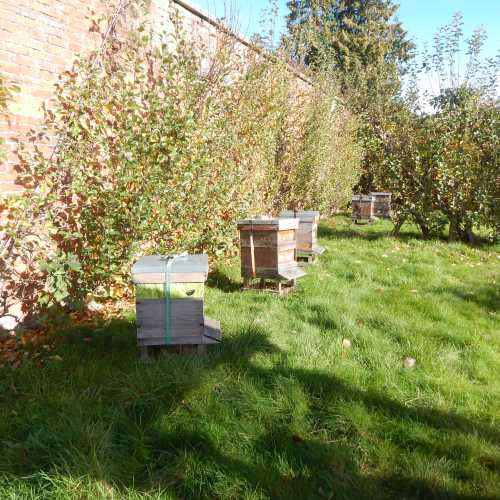
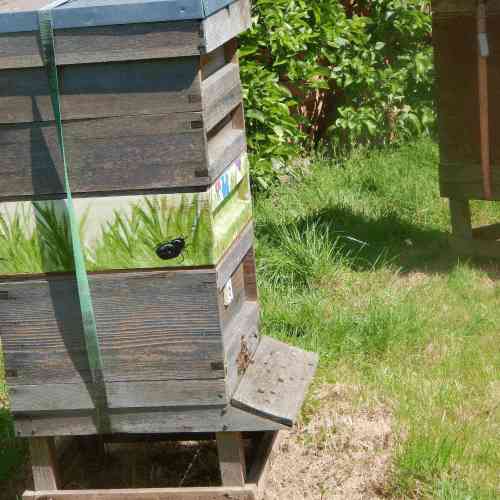
Do you want to be an organic beekeeper?
Are you keen to help bees or maximise honey yield?
Do you wish to build your own bee hive?
Do you need to save money?
Are you in favour of traditional or natural beekeeping? Read more on my page Beginning Beekeeping.
Do you live in a town or city? If so, there are particular considerations - see Urban Beekeeping.
What Sort Of Equipment Will You Need?
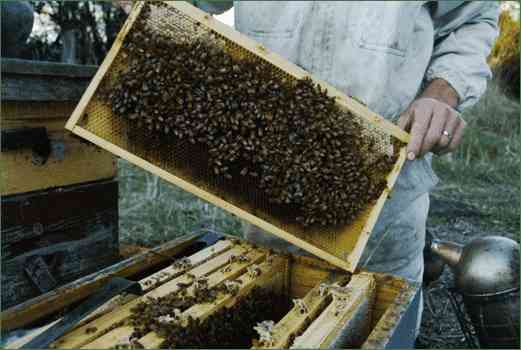
Many people, during their research about how to keep bees, can easily be put off by the cost of equipment. You could potentially build your own bee hive with these Bee Hive Plans.
Also, not all equipment is strictly necessary, and there are ways to save money without detriment to the bees. See these Beekeeping Tips from other beekeepers
If you are thinking of buying second hand, see this page about Buying Used Beekeeping Equipment
If you are considering creating a business from your venture, take a look at these ideas for a Beekeeping Business Plan.
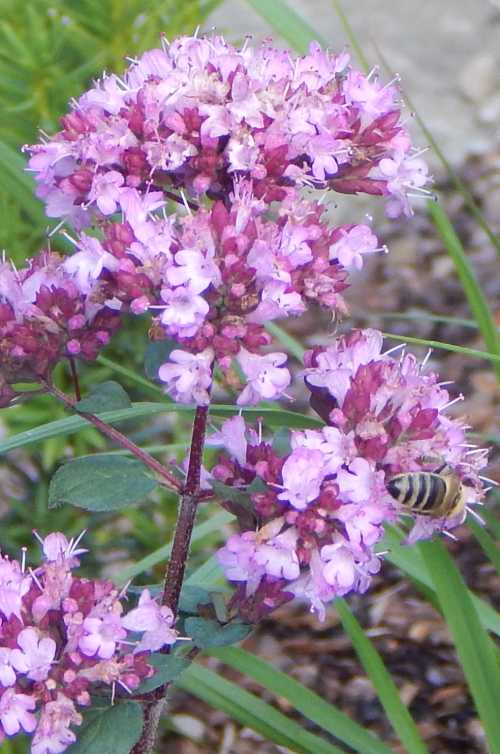 Apis mellifera on Oregano (Marjoram).
Apis mellifera on Oregano (Marjoram).
Acquiring Your Bees
You may be given a swarm to help you establish your first honey bee hive. Alternatively, you may need to purchase them from specialist breeders. Read more on my page Honey Bees For Sale.
Availability Of Flowers And Water
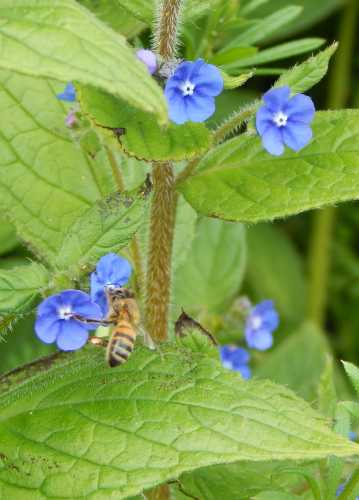 Apis mellifera on green alkanet.
Apis mellifera on green alkanet.Honey bees need an ample
supply of available foraging opportunities through the seasons, but
especially in spring and summer.
Check out these lists of Bee-friendly Plants. Is there an abundance of nectar and pollen rich flowers available to your bees, and are pesticides in wide spread use in your area?
Further Information About How To Keep Bees
There is a lot of information available on the internet about how to keep bees. Check out these short demonstration
beekeeping videos
(some can be a little slow to download or appear on the page, for which I apologise!). There are a number of very good
beekeeping books
available too.
It's a good idea to connect
with a group of like-minded individuals who will be able to offer their
advice. For example, there is an excellent (international) forum
devoted to natural beekeeping (biobees.com), and there are many information websites. See these
beekeeping links.
If you found this page helpful or interesting, I'd really be grateful if you would share it with others - if not this page, perhaps another, such as Gardening For Bees.
Thank you so much :) .